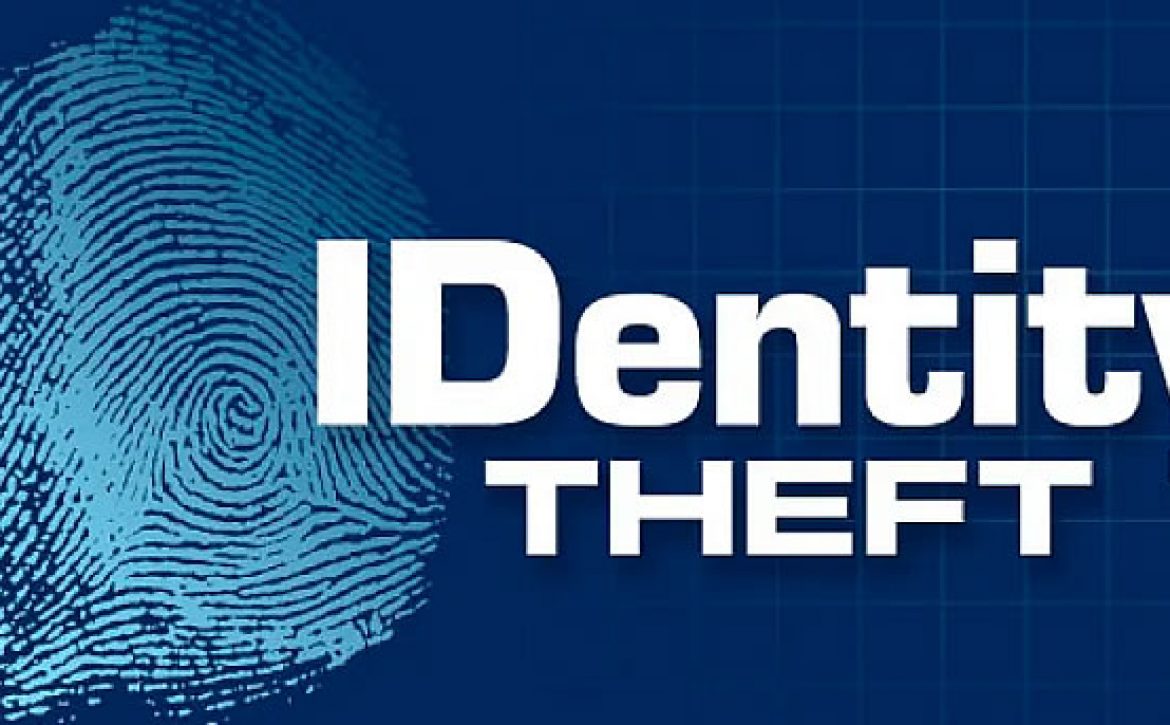Financial Independence For Our Youths
This week’s article is mainly for our youths and their parents, as we seek to explore ways in which the former can become independent from the Daddy and Mummy Bank. Certainly, times are tougher for today’s youths than it was for their parents. Unemployment is rife because the world’s economy has changed but university curriculum has not changed to address the current skills requirements of the job market. Career guidance counsellors are failing our youths because the counsellors themselves are not up-to-date. This is not a sociology column, so we will limit ourselves to financial matters. How do our youths who have been blessed with jobs maneuver themselves from positions of dependency to levels where others can rely on them financially?
Some lessons should have been learnt from childhood. The first lesson is the principle of selflessness. Youths should know that life does not revolve around them. Parents need to instill into children the need to demonstrate financial selflessness by regularly giving out hard-earned money to charitable causes. Birthday cash gifts should not be consumed totally by the child, instead, it should be split into donations, savings, and spending. A youth who has grown up with the principle of charity would find it easier to release his mother’s apron strings because he would realize that he is more blessed than others.
The second lesson is the lesson of delayed gratification. Children who have practised this grow up into financially prudent youths. They are more careful in spending their salaries and find it easier to establish a savings habit. The third lesson is financial literacy. Children should be taught how money works, the basics of budgeting and the benefits of savings and investments. However, not all youths were exposed to these lessons, yet they all need to achieve financial independence. The three lessons mentioned earlier must now be learnt and diligently practised.
To become financially independent, you must be financially literate and current. Not everything that worked for your parents will work for you, the global economy has changed, new investment vehicles like cryptocurrency and crowdfunding are emerging daily. Learn for yourself and choose the ones that suit you. But you cannot even talk of investments and wealth creation when you are still dependent on Daddy and Mummy Bank for your basic needs.
Financial independence starts with budgeting and financial discipline. To have a budget based on your monthly salary implies you are now choosing to live within your means and any income or expense outside the budget would not be considered. This would require commitment and self-restraint, a deliberate choice not to compare yourself with your mates. The question you may ask is, why should I suffer myself unnecessarily when the Daddy and Mummy Bank is not closed, and my parents would gladly shower me with cash? If you think you feel good spending your parents’ money, I can assure you that the feeling you get from being financially independent is much more rewarding. It is a natural high, which is not substance-induced.
Pay yourself first! It is not how much you make, but how much you keep! Therefore, put money into your savings before you give anyone else your money. Do this by establishing a monthly standing order with your bank. As soon as your salary is paid, the savings would be moved out. Avoid using your savings for frivolities; instead, invest in yourself and save towards house rent, home furnishings, car purchase, professional examinations, wedding etc.
Do not spend salaries you have not even earned. This means that you should avoid buying things on credit with the intention of paying from future salaries. Consumer debt is a road you do not want to travel on; it exchanges dependence on parents for dependence on expensive creditors. Buy items only when you have the full amount. This puts you in a position to shop around for the best bargains and to negotiate hefty discounts. Learn to negotiate prices. Never accept the first offer. Improve your bargaining skills in order to reduce your expenses.
If you are hunting for a better job to increase your income, clean up your online presence. Recruiters check out potential employees online, you should therefore ensure that every picture and posting in cyberspace projects the image you want HR managers to have.
Parents, you need to help your young adults by demonstrating restraint yourselves. If you need to support them financially, avoid carrying the burden 100 percent. Let them contribute the bulk of the cost. The success from one transaction would build their confidence for the future and ultimately lead them to financial independence.
Happy investing.







